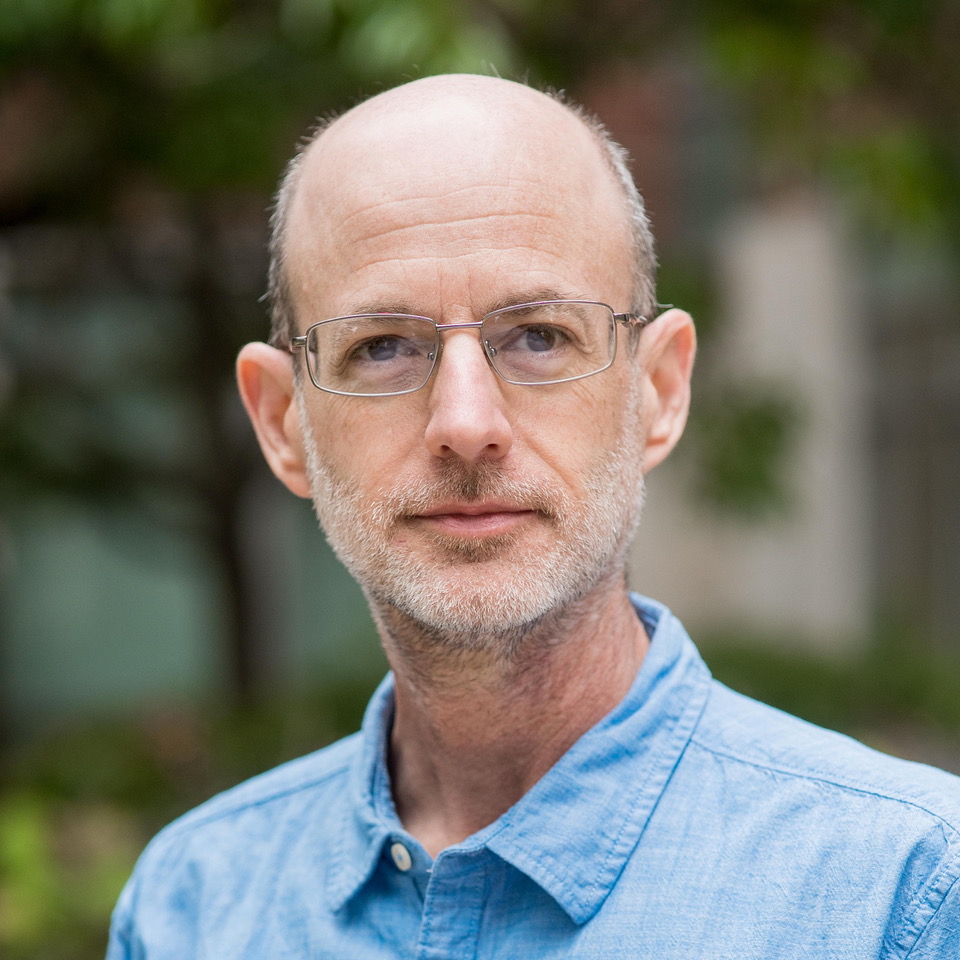- : Towards sustainable research software
| 09:00-10:30 | Transmissão simultânea no Youtube da SBCDaniel Katz
: Christina Chavez (UFBA)

Humanity has a mix of overlapping goals that relate to science (and more broadly, wissenschaft). We seek new knowledge for its own purpose as well as for its potential solution to both detailed and general problems, situations, and crises. And we want to be able to verify (or disprove) such knowledge (reproducibility), then build on it (reuse), as simply and as cost-effectively as possible. This knowledge can be captured in text, images, data, software, etc. In this talk, I will focus on knowledge captured in research software, which can be both read, executed, and extended. However, software, unlike data, requires ongoing human activity to fix bugs and to adapt to frequent changes in the software and hardware environment on which it depends, as well as changing user needs. This required human activity leads to different models of software sustainability, including a mix of open source communities, industrial or government support, and commercialization, some of which are also tied to different distribution mechanisms, such as source code, executables, containers, and services.
This leads to a number of overlapping challenges and corresponding efforts, including making research software FAIR (findable, accessible, interoperable, and reusable), publishable, and citable, as well as considering how to support the human effort needed to maintain and sustain the software, including incentives and career paths. This talk will highlight some recent activities in these areas, including FAIR for research software principles, software citation, the Journal of Open Source Software, and software career paths.